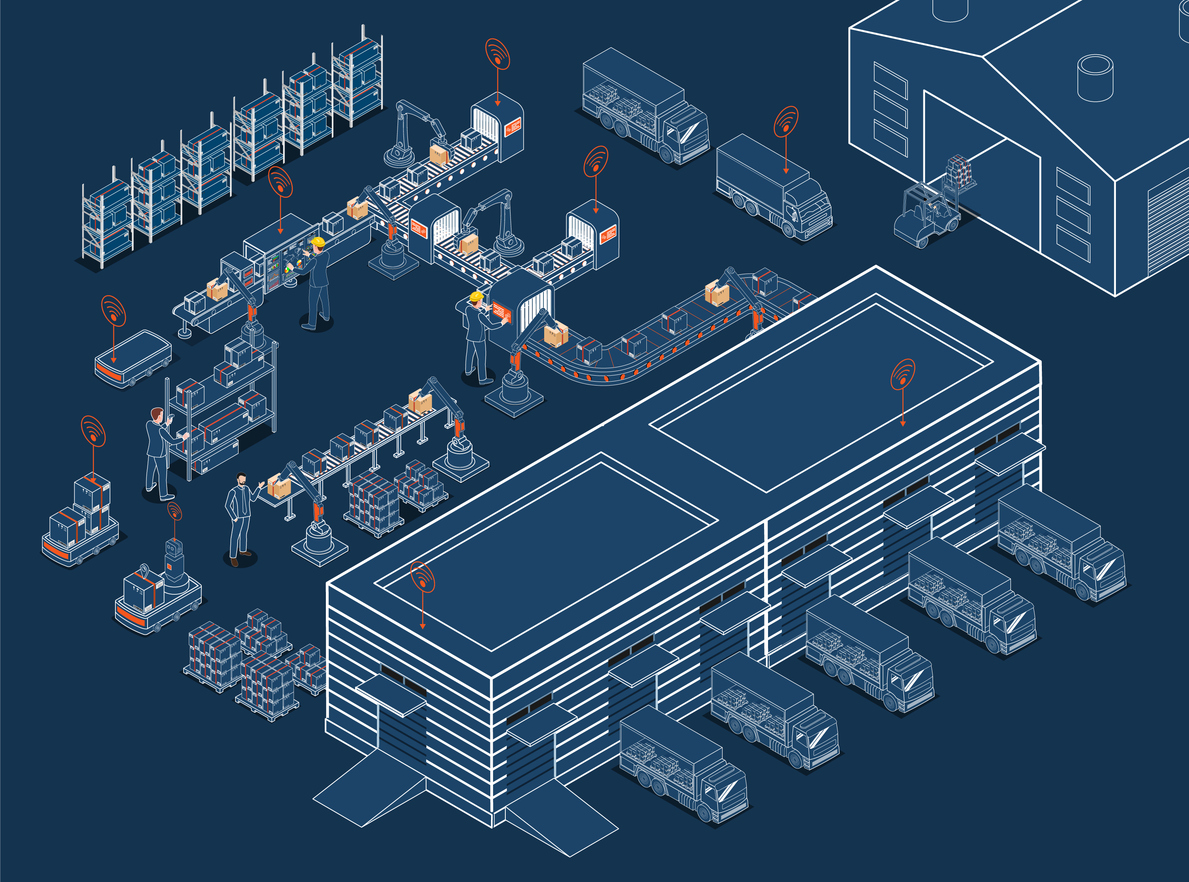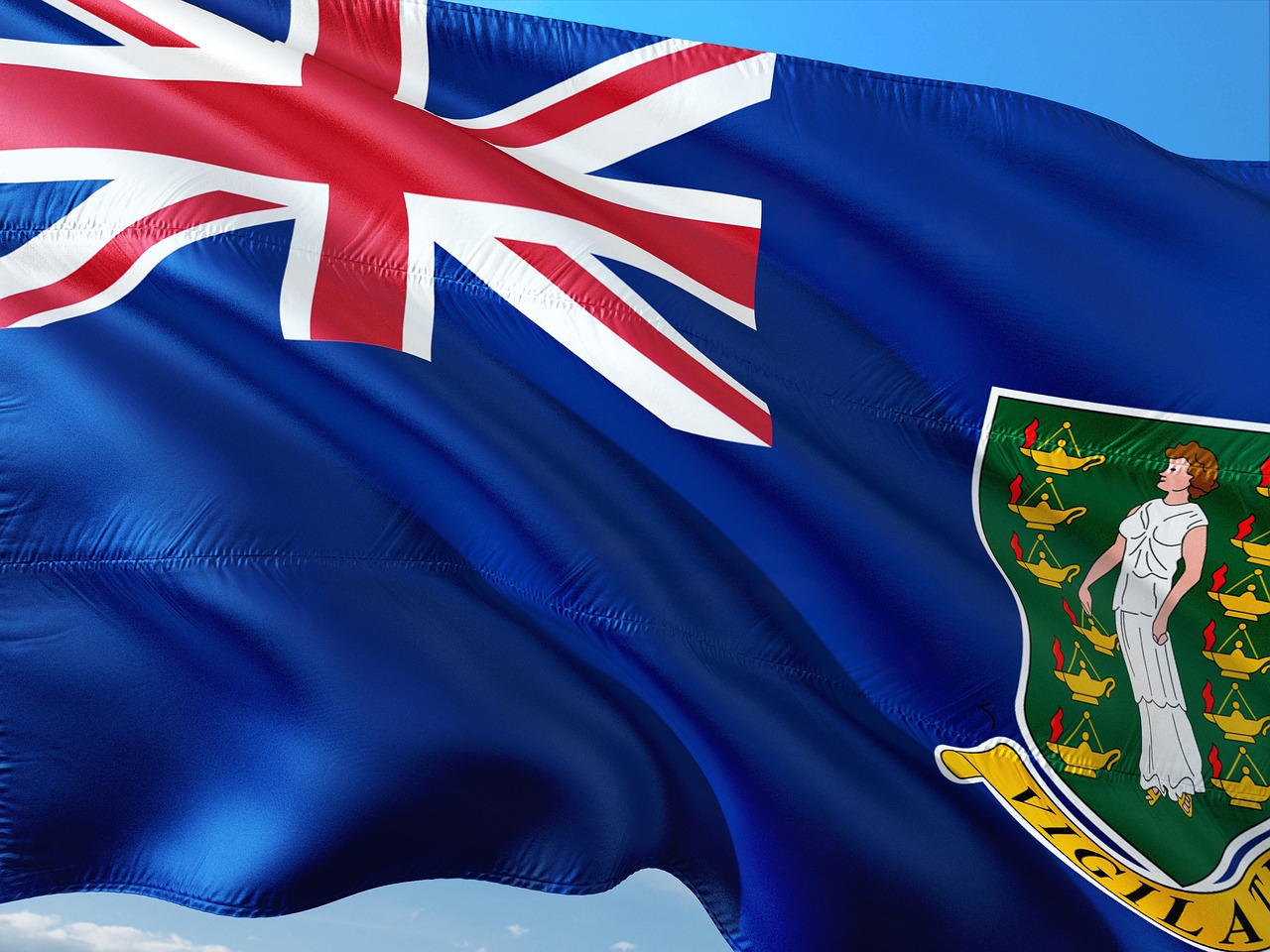What is Fourth Party Logistics (4PL)? A Comprehensive Guide
In the complex world of supply chain management, efficiency, and optimization are key to staying competitive. While many companies are familiar with Third Party Logistics (3PL) providers, which handle specific logistics functions like transportation and warehousing, a more advanced solution has emerged: Fourth Party Logistics, or 4PL. This article delves into what 4PL is, how it differs from 3PL, and the advantages it offers to businesses looking to streamline their logistics operations.
What is Fourth Party Logistics (4PL)?
Fourth Party Logistics (4PL) refers to the outsourcing of the entire logistics and supply chain management process to a single service provider. Unlike 3PL providers, which typically manage specific logistics functions such as warehousing, transportation, or distribution, a 4PL provider takes on a more comprehensive role. They act as an integrator, overseeing and managing the entire supply chain on behalf of their client, often coordinating with multiple 3PLs and other service providers to ensure that all aspects of logistics operations run smoothly.
Key Components of 4PL:
- Strategic Supply Chain Management: 4PL providers work closely with clients to develop and implement long-term logistics strategies that align with the client’s overall business objectives. This involves optimizing every stage of the supply chain, from procurement and manufacturing to distribution and customer service.
- Comprehensive Integration: A 4PL provider integrates and manages all logistics activities, providing a single point of contact for the client. They coordinate with various 3PLs, carriers, and suppliers to deliver a seamless logistics experience.
- Advanced Technology and Data Management: 4PL providers often leverage cutting-edge technology and data analytics to gain real-time visibility into the supply chain. This allows them to monitor performance, identify inefficiencies, and make data-driven decisions that enhance overall supply chain agility.
- End-to-End Visibility and Control: With a 4PL provider, companies benefit from complete visibility across their entire supply chain. The 4PL is responsible for managing and coordinating all logistics functions, ensuring that every part of the supply chain is optimized and operating efficiently.
4PL vs. 3PL: What’s the Difference?
The primary difference between 4PL and 3PL lies in the scope of services provided:
- 3PL (Third Party Logistics): 3PL providers typically focus on specific logistics functions such as transportation, warehousing, or distribution. They operate within a narrower scope, handling particular segments of the supply chain but not the entire process. Companies that use 3PL services often retain control over the strategic aspects of their supply chain.
- 4PL (Fourth Party Logistics): In contrast, a 4PL provider takes on a more comprehensive role, managing the entire supply chain from end to end. They act as a strategic partner, overseeing all logistics activities, including those typically handled by 3PLs. The 4PL provider serves as the single point of contact, integrating and coordinating the services of multiple 3PLs and other logistics partners.
Advantages of Using a 4PL Provider
1. Holistic Supply Chain Management
- End-to-End Optimization: A 4PL provider can optimize every aspect of the supply chain, from procurement and manufacturing to distribution and customer service, resulting in improved efficiency and cost savings.
2. Reduced Complexity
- Simplified Logistics: By outsourcing the entire supply chain to a 4PL provider, companies can reduce the complexity of managing multiple logistics partners. The 4PL serves as the single point of contact, streamlining communication and coordination.
3. Enhanced Flexibility and Scalability
- Adapting to Market Changes: 4PL providers offer the flexibility to scale operations up or down based on market demands. This adaptability is particularly valuable in industries with fluctuating demand or seasonal variations.
4. Advanced Technology and Insights
- Real-Time Visibility: Leveraging advanced technology and data analytics, 4PL providers offer real-time visibility into the supply chain, enabling companies to make informed decisions and respond quickly to changing conditions.
5. Cost Efficiency
- Resource Optimization: By managing the entire supply chain, 4PL providers can identify opportunities for cost savings through better resource allocation, optimized transportation routes, and more efficient inventory management.
When to Consider a 4PL Provider
Companies should consider using a 4PL provider when they require a more strategic and integrated approach to supply chain management. This is particularly relevant for businesses that:
- Operate in complex, multi-modal supply chains that span multiple regions or countries.
- Seek to reduce the internal burden of managing logistics and focus on core business activities.
- Require advanced technology and analytics to gain better visibility and control over their supply chain.
- Want to optimize their supply chain operations for cost savings, efficiency, and sustainability.
Conclusion
Fourth Party Logistics (4PL) offers a comprehensive, strategic approach to supply chain management that can significantly enhance efficiency, reduce costs, and improve overall performance. By acting as a single point of contact and integrating all logistics activities, 4PL providers enable businesses to streamline their operations and focus on their core competencies.
At Wigmore Trading, we understand the complexities of modern supply chains and offer tailored 4PL solutions to meet your specific needs. Contact us today to learn more about how we can help you optimize your logistics operations.
Get in Touch:
Interested in streamlining your supply chain with a 4PL provider? Contact Wigmore Trading for expert advice and customized solutions. Visit our website, email, or call us to explore how we can support your logistics needs.








Comments are closed.